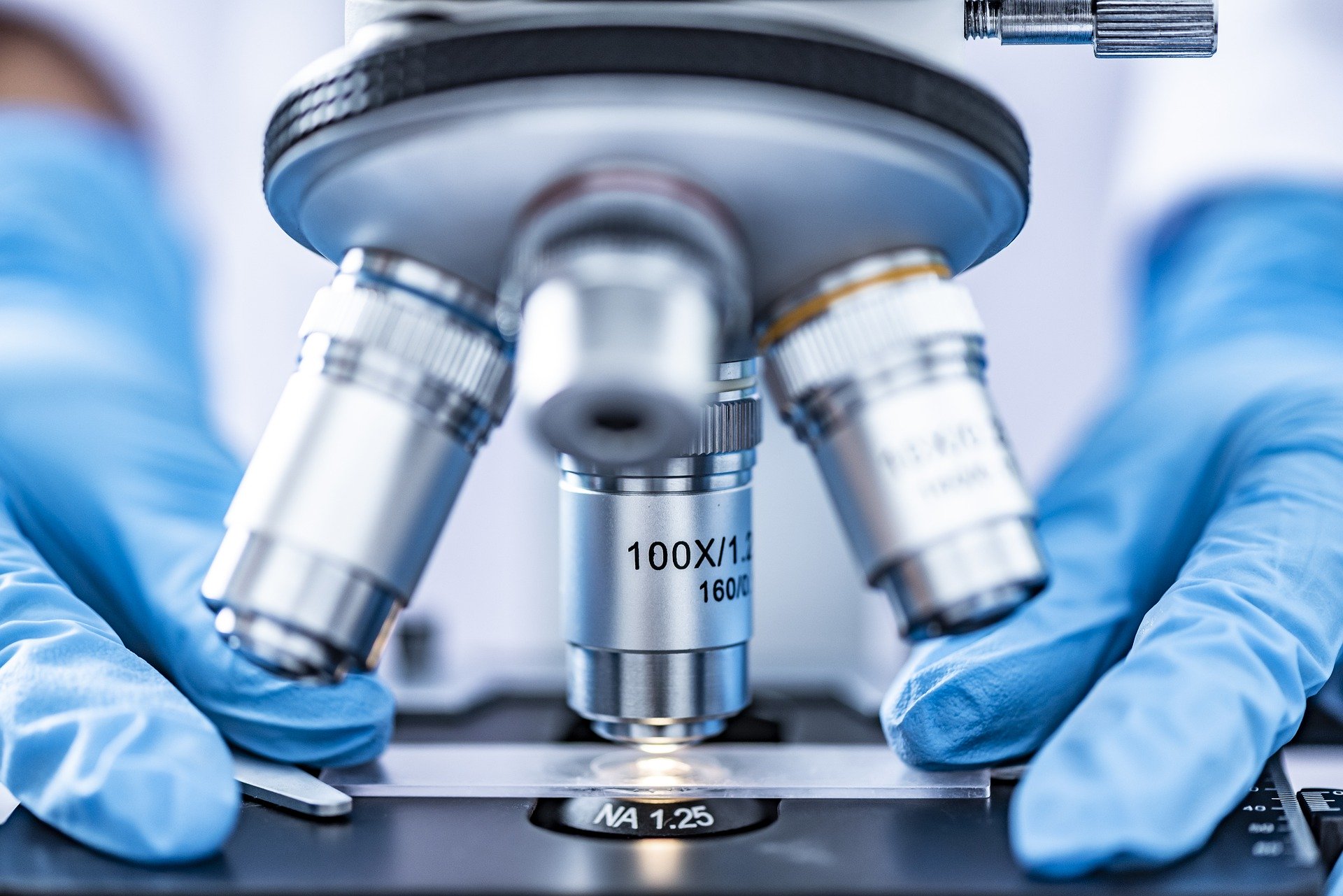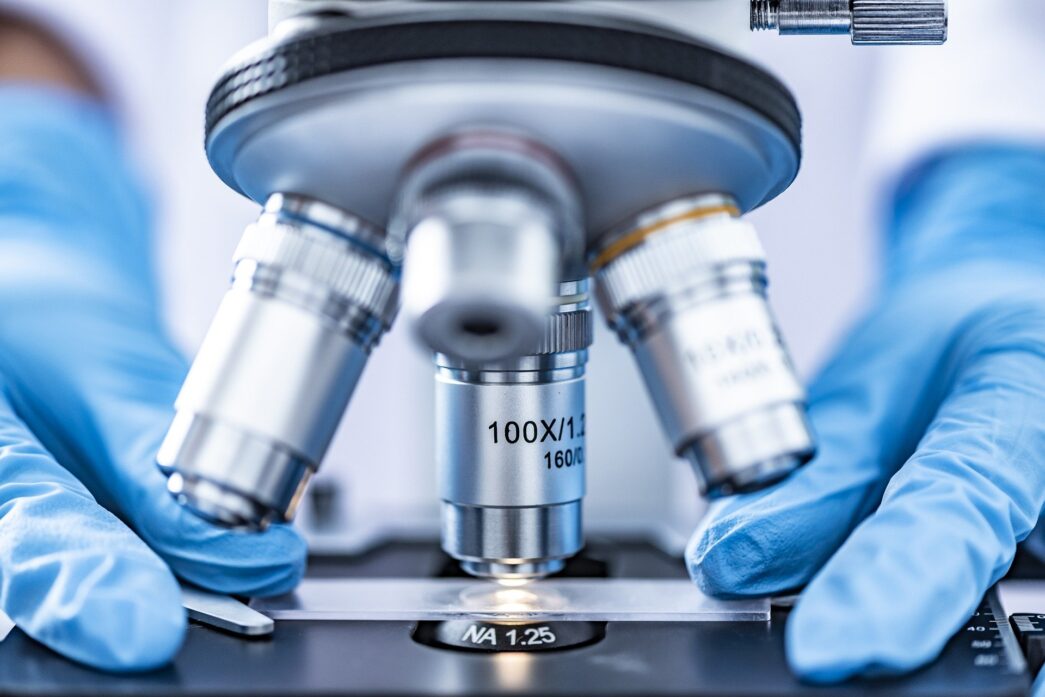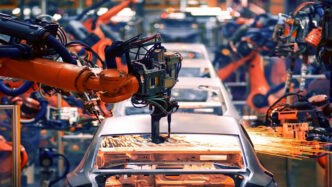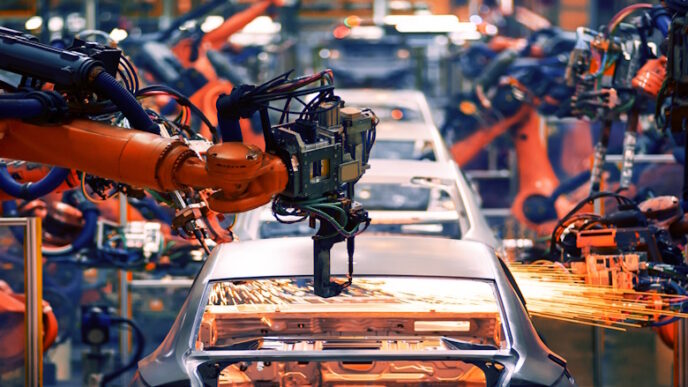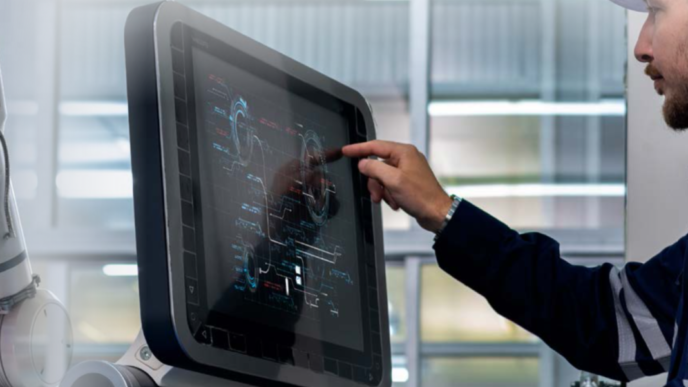Biotechnology is at the forefront of scientific innovation, revolutionizing industries from healthcare to agriculture. By leveraging biological systems and living organisms, biotechnology advancements are driving breakthroughs that improve lives, address global challenges, and unlock new possibilities. Here’s an exploration of how biotechnology is transforming the world.
What is Biotechnology?
Biotechnology involves using biological processes and organisms to create products and solutions for various industries. It merges biology with technology to enhance our understanding and application of natural systems. Key areas include:
- Medical Biotechnology: Developing drugs, therapies, and diagnostic tools.
- Agricultural Biotechnology: Improving crop yields, pest resistance, and sustainability.
- Industrial Biotechnology: Creating biofuels, biodegradable materials, and eco-friendly chemicals.
Key Biotechnology Advancements
1. CRISPR-Cas9 Gene Editing
- CRISPR technology allows precise editing of DNA, enabling researchers to correct genetic mutations, study diseases, and create disease-resistant crops.
- Example: Developing treatments for genetic disorders like sickle cell anemia.
2. Personalized Medicine
- Advances in biotechnology are enabling tailored treatments based on an individual’s genetic makeup.
- Example: Pharmacogenomics uses genetic information to optimize drug effectiveness and minimize side effects.
3. Bioprinting and Tissue Engineering
- 3D bioprinting is revolutionizing medicine by creating tissues and organs for transplants.
- Researchers are exploring bioprinted skin for burn victims and organs like kidneys for transplantation.
4. Synthetic Biology
- Synthetic biology combines engineering and biology to design and build new biological systems.
- Example: Creating synthetic microbes to produce biofuels, vaccines, or biodegradable plastics.
5. Agricultural Biotechnology
- Genetically modified organisms (GMOs) are improving crop resilience to climate change, pests, and diseases.
- Example: Golden rice, enriched with vitamin A, addresses malnutrition in developing countries.
6. Vaccine Development
- Biotech advancements have accelerated vaccine development, including mRNA technology used in COVID-19 vaccines.
- These innovations allow rapid responses to emerging infectious diseases.
7. Microbiome Research
- Understanding the role of the human microbiome in health has led to probiotics and microbiome-based therapies.
- Example: Using gut bacteria to treat digestive disorders and improve mental health.
Impact of Biotechnology
- Healthcare:
- Improved diagnostics, treatments, and preventive measures.
- Reduced healthcare costs through targeted therapies and efficient drug production.
- Sustainability:
- Reduced reliance on chemical pesticides and fertilizers in agriculture.
- Development of renewable energy sources and biodegradable materials.
- Economic Growth:
- Biotechnology startups and industries contribute to job creation and economic development.
Challenges and Ethical Considerations
- Ethical Concerns:
- Debates over genetic modification, cloning, and human enhancement.
- Balancing innovation with ethical responsibility.
- Access and Affordability:
- Ensuring equitable access to biotechnological advancements across different regions and demographics.
- Regulatory Hurdles:
- Complex approval processes for biotech products can slow innovation.
- Environmental Impact:
- Monitoring the long-term ecological effects of genetically modified organisms.
The Future of Biotechnology
The future of biotechnology holds immense promise, with trends including:
- AI Integration: Using artificial intelligence to accelerate drug discovery and analyze genetic data.
- Bioinformatics: Combining biology and data science to unlock new discoveries.
- Cell and Gene Therapies: Treating diseases at the cellular and genetic levels.
- Global Collaboration: Enhancing innovation through cross-border partnerships in biotech research.
Biotechnology advancements are pushing the boundaries of science, offering solutions to some of humanity’s most pressing challenges. From curing genetic disorders to combating climate change, biotech is shaping a brighter, healthier, and more sustainable future. By fostering innovation and addressing ethical considerations, biotechnology will continue to transform the world for generations to come.
The biotech revolution is here—are you ready to be part of it?
Topics: Biotechnology CRISPR Technology Future of Biotech Genetic Engineering Medical Innovations Synthetic Biology